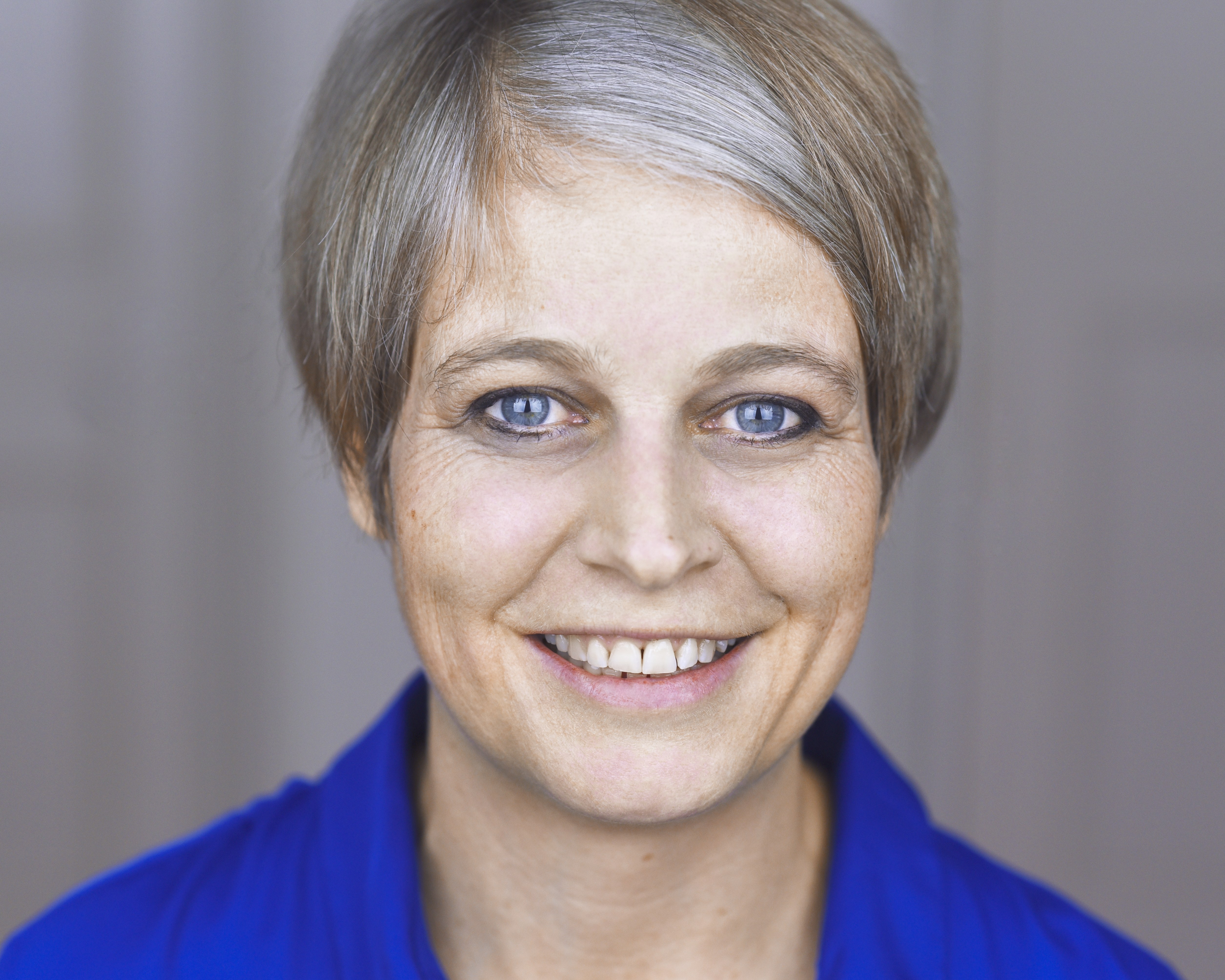Gillian Jacobson is a psychotherapist in W5 and TW1
What attracted you to become a therapist?
I have alway been a deep thinker, and it was during my adolescent years that I became fascinated with the topics of emotion and psychological disorders. It is at that time that realised I wanted to be a psychologist; I wasn't aware of the term psychotherapist at the time.
Where did you train?
I completed a BA in Sociology and Psychology at University College Dublin, and a MSc in Integrative Psychotherapy and Counselling at the University of Derby. As part of my training I worked in a community and youth counselling service where I gained evaluable experience working with people dealing with depression, anxiety, substance misuse and addictions, work stress, relationship issues, sexual and domestic abuse, loss and grief, and trauma.
Can you tell us about the type of therapy you practice?
My approach to therapy is holistic as I look at all aspects of a person's life: physical, mental and spiritual, and ways to improve these areas to support my clients psychologically.
As an integrative psychotherapist, I have been trained to combine different types of therapies, depending on the client's needs and problems for which counselling has been sought.
Integrative psychotherapy allows for different aspects of issues to be examined, and the most suitable intervention can then be applied to problems clients are experiencing.
What sort of people do you usually see?
I see a range of clients, from working professionals, university students and graduates, to entrepreneurs. The overlying factor is that both the client and I feel that we can work together. Generally, I see clients who are ready and want to work towards change.
What do you like about being a therapist?
I love the deep and meaningful work, and supporting my clients to improve their emotional and psychological wellbeing.
I find exploring the mind-body connection and associated behaviours, and researching the latest developments on issues that my clients bring to therapy fascinating.
What is less pleasant?
Engaging in therapy is an added expense to many whose budgets are already stretched. This often prevents people from either seeking therapy or deters clients from continuing with personal therapy. To make things a bit easier, I provide a sliding scale, depending on personal circumstances.
How long you've been with welldoing.org and what you think of us?
I joined welldoing.org in October last year, after reading many positive reviews. So far, I have had a very good experience and have found the support staff to be very helpful and accommodating. The website also provides a lot of insightful articles each week.
Do you ever suggest books or apps to clients?
Yes, especially meditation apps, such as Calm and Insight Timer to help with a range of mental health issues such as anxiety, stress and depression. Books if it comes up in session.
What you do for your own mental health?
Enough 'me time' is crucial. I ensure that my diet provides me with the right nutrition and check that I get some sort of daily activity. Together with meditation practice, these are all key.
You are a therapist in Ealing, W5 and Twickenham, TW1. What can you share with us about seeing clients in those areas?
I am a therapist in Ealing, West London. The premises is conveniently located and easily accessible by public transport, which is I have found to be a big factor for clients enquiring about and committing to therapy. As a result many of my clients are professionals working and or living in around West London. I have also recently started practising in Twickenham.
What's your consultation room like?
In Ealing, plush sofas, plants and an exposed brick wall create a rustic feel, yet at the same time gives off an atmosphere of warmth, comfort and calm. Clients often comment on how comfy the sofa is.
In Twickenham, simplicity and minimalism, wood floors and muted greys offer a sense of tranquility and a space to retreat.
What do you wish people knew about therapy?
That you don't need to be in crisis to seek help. To view it the same as physical exercise, but for your psychological health to support and strengthen your mental wellbeing.
What did you learn about yourself in therapy?
I learnt how to manage my critical voice and my expectations of situations.

